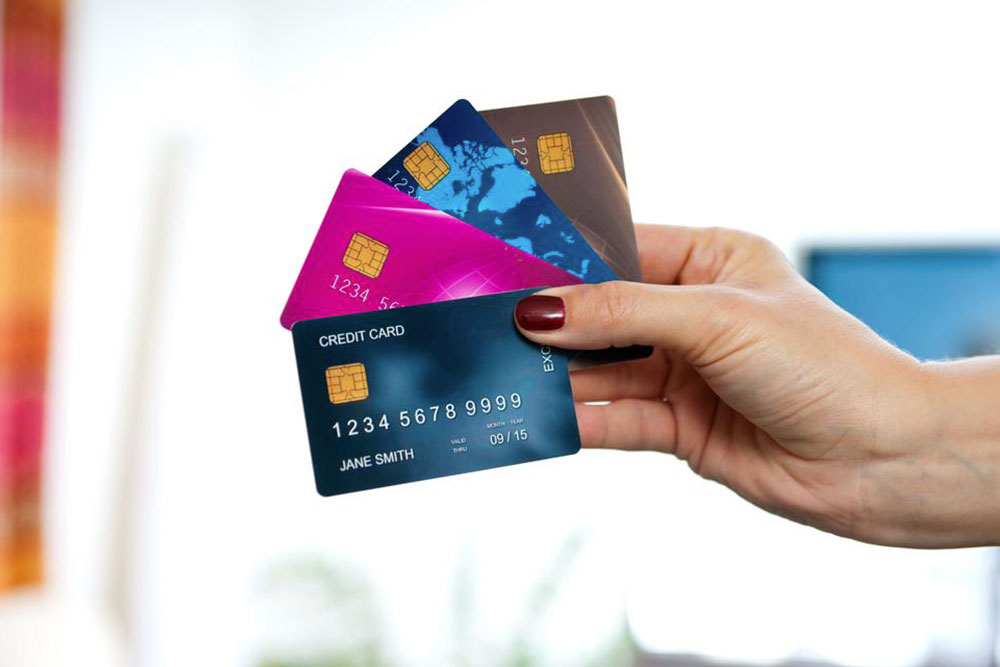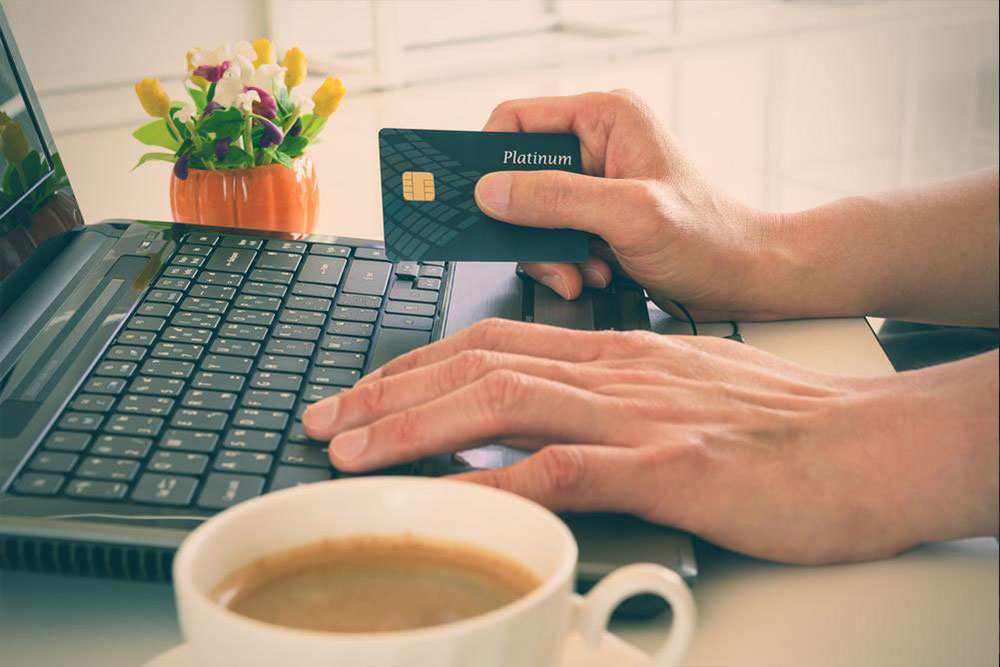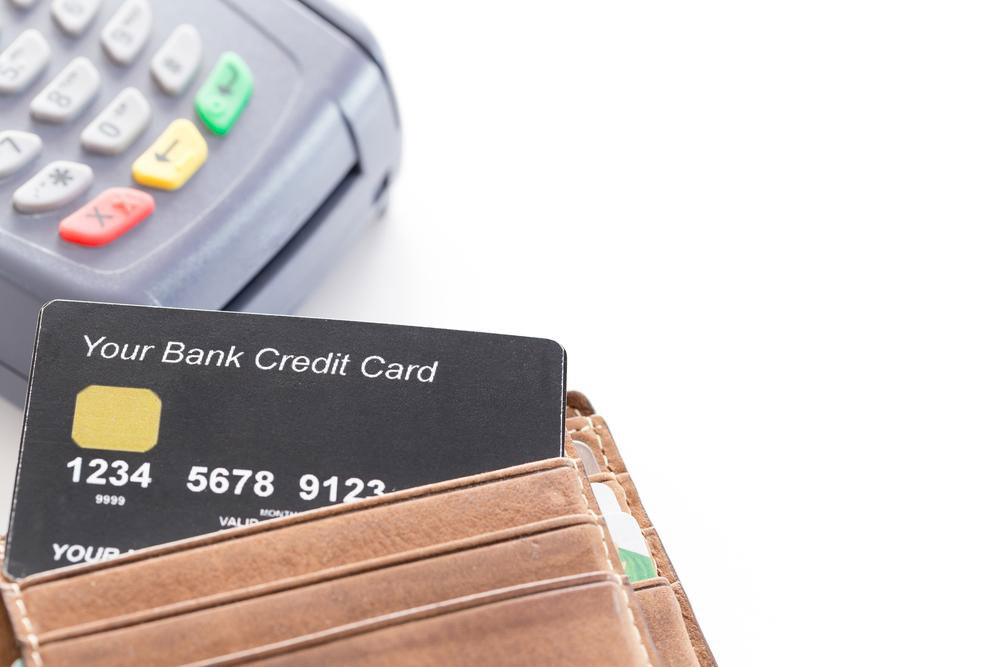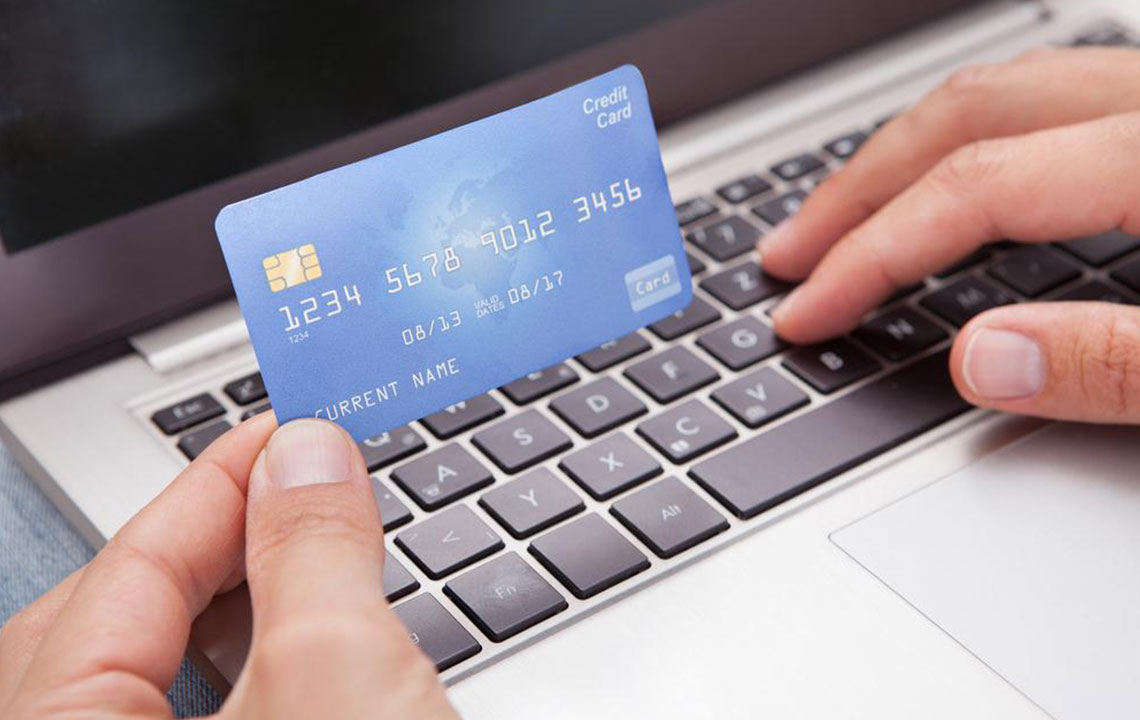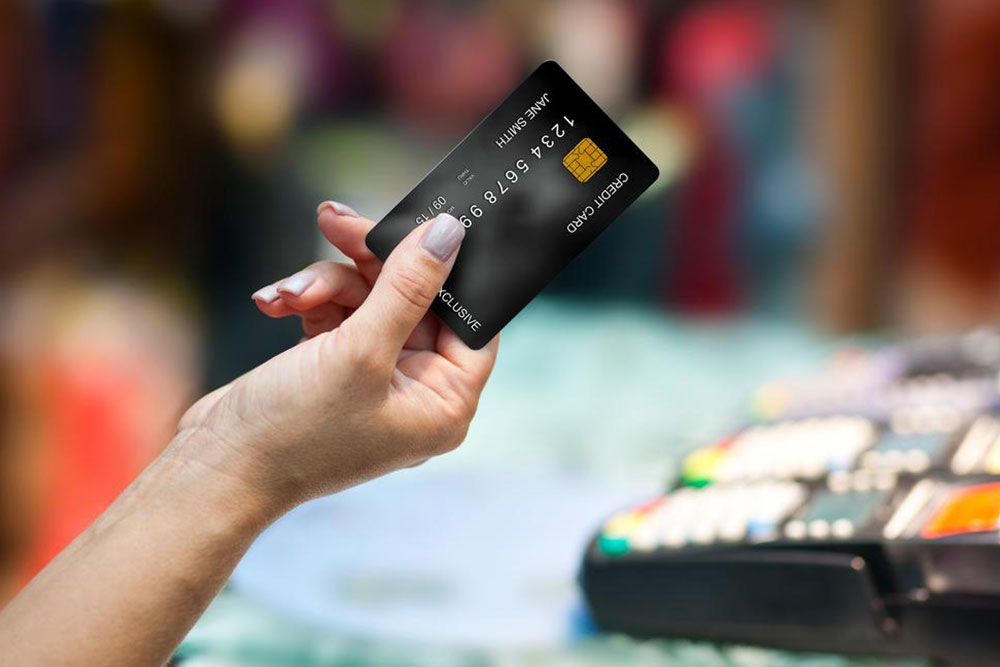Essential Tips for Choosing the Right Credit Card
Find out how to select the best credit card by understanding key charges, rewards, security features, and choosing options that match your spending habits. Learn what to look for in APRs, fees, and security measures to make informed decisions.

Essential Tips for Choosing the Right Credit Card
If you're in search of a credit card, take your time to compare options instead of settling for the first offer. Various fees and charges can increase the overall cost. Consider how you plan to use the card—whether you'll pay the full balance each month or carry a balance—and select a card tailored to your usage habits to minimize expenses.
Understanding Credit Card Fees
The key factor is the Annual Percentage Rate (APR), representing the annual interest on your balance. There's also the Periodic Rate, applied during each billing cycle.
For variable APRs, interest rates fluctuate based on economic indices. Understand how often these rates change and what influences them.
Additional fees such as annual fees, late payment penalties, cash advance charges, and over-limit fees should also be considered.
How to Choose the Ideal Card
If you frequently carry high balances, opt for cards with low APRs, even if they lack reward programs, to save on interest.
If you pay your dues on time regularly, consider cards with higher APRs but attractive rewards like cashback or air miles.
Balance transfer offers with zero percent interest often come with a one-time fee (around 3%)—review this before proceeding.
Some issuers offer introductory low APR periods; ensure you check the rate after this period ends.
Charges like hotel bills or retail purchases typically have a grace period for repayment; cash advances or balance transfers, however, accrue interest immediately.
EMV Chip and PIN Security
Look for cards equipped with EMV chip and PIN technology:
Earlier magnetic strip cards were vulnerable to theft and duplication, leading to fraud issues.
Modern cards feature encrypted chips requiring a PIN, significantly enhancing security during transactions.
When selecting a credit card, also check if the provider supplies 24/7 customer support. Immediate assistance in cases like unauthorized charges or lost cards can prevent misuse and facilitate quick replacement of your card.
